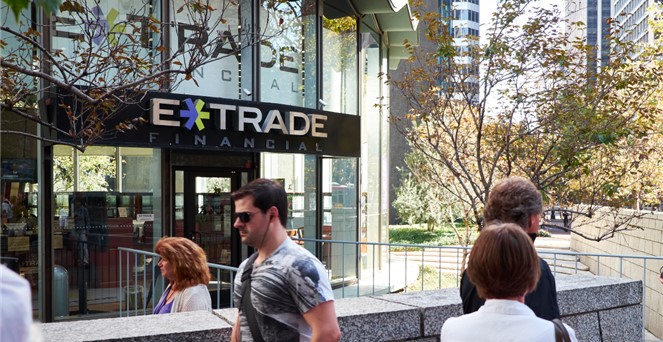
Elon Musk Announces New Financial Functionality on Twitter
Starting today, Twitter will provide tweeters the ability to buy and sell stocks and crypto on its platform via eTORO. Twitter owner, Elon Musk has been indicating he intends to turn the popular micro-blogging platform into a “super app.” Today’s move shows substantial headway in allowing financial transactions to be conducted on the social media platform. Other company goals since Musk’s purchase of the company include ride hailing, and attracting video influencers that may be disenchanted with YouTube restrictions on speech.
What Will the Twitter eTORO Partnership Provide?
Founded in 2007, eTORO has become one of the largest social investment networks and trading platforms. According to its website, it is “built on social collaboration and investor education: a community where users can connect, share, and learn.”
Twitter will partner with the platform to allow users (known as tweeters and Twitterers) to trade stocks and cryptocurrencies as part of a deal with the social investing company.
This partnership will provide access to view charts and trade stocks, cryptocurrencies, and other investment assets from eToro via its mobile platform. Together this significantly expands real-time trading data available to users who already have access on Twitter to real-time data, however this arrangement adds all the bells and whistles a modern trading app can provide.
Twitter will be expanding its use of cashtags as well. Twitter added pricing data for $Cashtags (company ticker preceded by “$”) in December 2022. Since January, there have been more than 420 million searches using Cashtags – the number of searches averages 4.7 million a day.
eToro CEO Yoni Assia told CNBC the deal will help better connect the two brands, adding that in recent years its users have increasingly turned to Twitter to “educate themselves about the markets.”
Assia said there is a great deal of “very high quality” content available in real-time and that the partnership with Twitter will help eToro expand to reach new audiences tapping this as a source of information.
Update on Elon
After Musk’s purchase of Twitter, many advertisers stepped back and watched to see how far the company would go to allow less moderated interaction. On Wednesday (April 12) Musk said that “almost all” advertisers had returned to the app. However, Stellantis and Volkswagen, two large competitors with Musk run Tesla, said they do not yet plan to resume advertising.
Musk told a Morgan Stanley conference last month he wants Twitter to become “the biggest financial institution in the world.” This begs those that follow Musk to ask, “Why stop there, why not include Mars?”
What Else
Be sure to follow Channelchek on Twitter (@channelchek) to stay up to date on market insights, news, videos, and of course, top-tier investment analyst research on small and microcap opportunities.
Managing Editor, Channelchek
Sources
https://www.etoro.com/en-us/about/
https://www.bloomberg.com/news/live-blog/2023-03-07/elon-musk-speaks-at-morgan-stanley-conference
